Like only a few of the bit players from the hundreds of scandals great and small in American political history, Hunter Biden has finally achieved a kind of immortality.
By apparently persuading his father to grant him a pardon for gun charges on which he had already been convicted and tax crimes to which he had pleaded guilty—as well as any other federal crimes he may have committed in the past decade—the younger Biden will now be an icon of an age of corruption.
That doesn’t refer to other kinds of “scandals” in the sense of bungled policy or dishonest spin: the failed program that’s swept under the rug or the official doubletalk that characterizes every administration to one degree or another. An age of corruption is a time when power is routinely abused for personal purposes.
The outgoing president’s defenders have raced to compare the Biden pardon to the corruption of the former and future Trump administrations in the person of Charles Kushner, the father-in-law of the president-elect’s daughter, Ivanka. Donald Trump pardoned Kushner in 2020 for his crimes, including hiring a hooker to seduce his own brother-in-law to prevent the man’s wife, Kushner’s sister, from testifying in the real estate developer’s fraud trial. Now, Trump has appointed Kushner, whose family business has made billions in the Trump orbit, to be ambassador to France. Zut alors …
Some Democrats have observed that the Biden pardon “sets a bad precedent” that Trump will surely exploit when returned to power next month. But that’s not the problem. The precedent was already there. President Joe Biden ratified it, and, worse, did so after repeatedly promising he would never abuse his power in exactly the way he just did.
The Biden administration had promised a departure from the free-wheeling corruption of the first Trump term, when ethical lapses, self-dealing, and murky disclosures had been the norm. But Biden’s own family couldn’t stay out of trouble: Hunter always, but sometimes the president’s brother, Jim, who had made a nice career for himself selling access and influence.
The Biden family’s shadiness was hardly new to politics. Trading on a powerful family name is a tried and true form of political corruption, from William Franklin to the rotten Rodham brothers.
The Biden pardon does nudge the precedent a bit, though. Unlike Kushner and that other famous first-family felon, Roger Clinton, Hunter Biden never served a day for his crimes. He hadn’t even been sentenced. And the addition of a blanket amnesty for any other, still unidentified crimes from 2014 to 2024 is the cherry on top.
Democrats are no doubt right to fear that the president is supercharging the coming geyser of executive power abuses in the next Trump administration. Trump himself made it explicit in his statement on the Bidens, invoking his pledge to pardon members of the mob of his supporters who sacked the Capitol trying to prevent the certification of the 2020 election. And certainly this week’s pardon was a boon to Trump’s effort to install right-wing provocateur Kash Patel as the next director of the FBI.
If President Biden can interfere with the justice system on the premise of fighting back against what he says are politically motivated prosecutions, why not President Trump?
But one supposes that the most durable abuses in the Trump administration will be of the venal, Kushnerian variety. Trump demands the obsequious attention of the rich and powerful of the business world, and all signs indicate that in his second term, he plans to make the most of those relationships without even some of the modest ethical boundaries that limited his first go around.
Yes, the ’20s are going to keep roaring, and, just like the same decade of the previous century, political corruption will continue to be endemic in Washington.
But to call that time or our own ages of corruption would suggest that every other age somehow isn’t. Even administrations not badly marred by personal corruption have their stinkers.
“The Biden pardon does nudge the precedent a bit. … Hunter Biden never served a day for his crimes. He hadn’t even been sentenced. And the addition of a blanket amnesty for any other, still unidentified crimes from 2014 to 2024 is the cherry on top.”
The word itself suggests something a bit at odds with what we know about human nature. In politics at least, we’re generally not talking about corrupting something good, but rather failing to keep rotten impulses bottled up.
That’s why it’s important that public corruption is publicly punished, and stringently so. Hunter Biden made millions because of his father’s decades in office, but argued through his lawyers that it would be wrong for him to face harsher penalties than another criminal because of his political prominence. He wanted to be someone special when he was hustling influence-seekers at home and abroad, but when it came time to suffer the consequences, Hunter Biden wanted to be treated like anybody else. And when that didn’t work, he got his dad to bail him out again.
And, yes, the lack of consequences for the younger Biden will no doubt make matters worse in the coming Trump term. If Trump had taken the oath of office with Hunter Biden mouldering in a cell somewhere, it might have been a bit of a yellow flag for Trump’s relatives and hangers-on envisioning what billions might be squeezed out of four years with no reelection campaign to worry about.
But taming corruption can’t be done with fear alone. It requires good examples, too.
When Ronald Reagan’s diaries were published in 2007, one of the newsy bits was that the then-president had in January 1989 considered a pardon for longtime aide Michael Deaver. Deaver had left the White House in 1985 to try to cash in as a lobbyist, but immediately ran afoul of ethics rules requiring a two-year cooling-off period, and did so in spectacular fashion. An independent counsel was installed to probe the matter, and Deaver ended up lying to investigators and to Congress. He blamed his alcoholism for the lapses, but offered no defense in court and was convicted in 1987 of five counts of perjury—a hefty fine, three years of probation, and no lobbying. It was a great embarrassment to Reagan and his team, who worked hard to keep any notion of grubbiness or personal corruption away from the administration. Iran-Contra was a scandal, sure, but it wasn’t about cashing in on the public trust.
But the Deaver prosecution was also very obviously politically motivated. Democrats on the House Oversight Committee had hounded Deaver, and eventually, with the help of a Washington, D.C., jury, tripped him up. It would have been natural for Reagan to want to see his loyal friend restored from a punishment that was aimed at the president more than his former aide.
Reagan wrestled with the question, but in January 1989, Deaver made it easy for him: “Mike has passed the word that he won’t accept a pardon.”
And that, folks, is how it’s done.
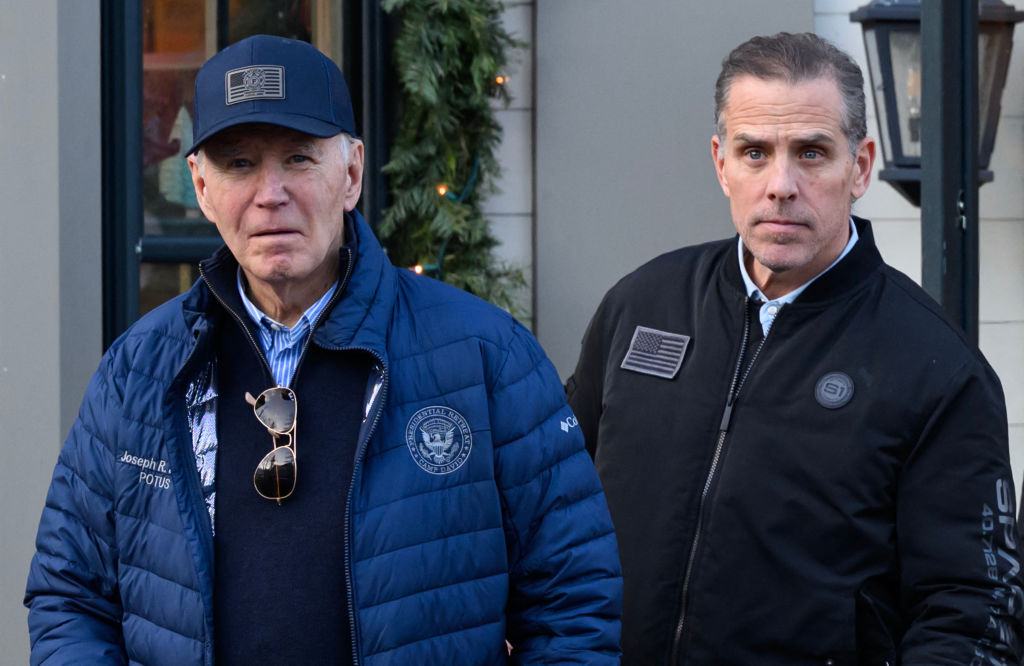

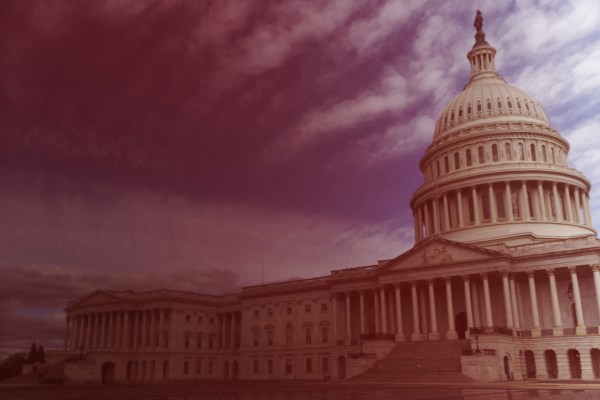
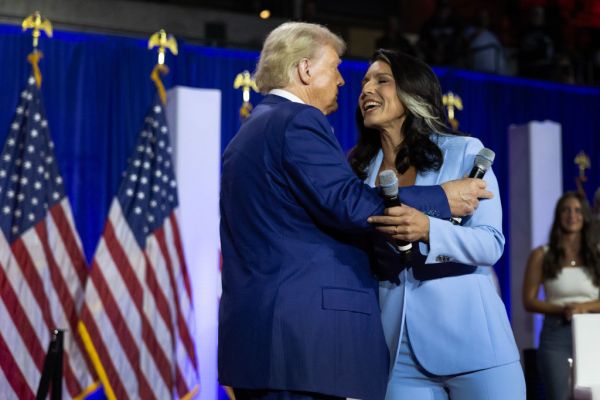
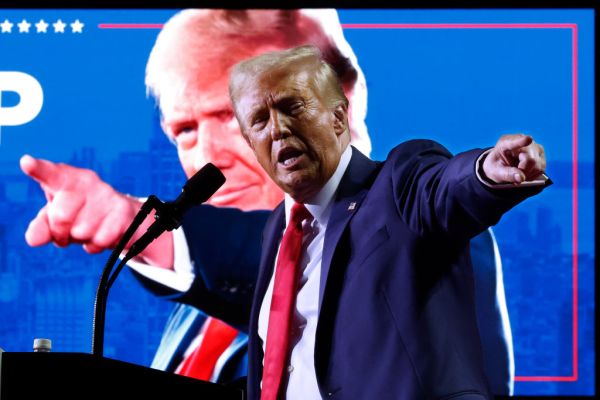

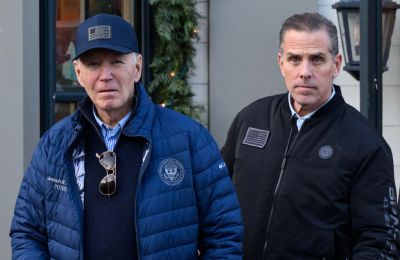
Please note that we at The Dispatch hold ourselves, our work, and our commenters to a higher standard than other places on the internet. We welcome comments that foster genuine debate or discussion—including comments critical of us or our work—but responses that include ad hominem attacks on fellow Dispatch members or are intended to stoke fear and anger may be moderated.
With your membership, you only have the ability to comment on The Morning Dispatch articles. Consider upgrading to join the conversation everywhere.